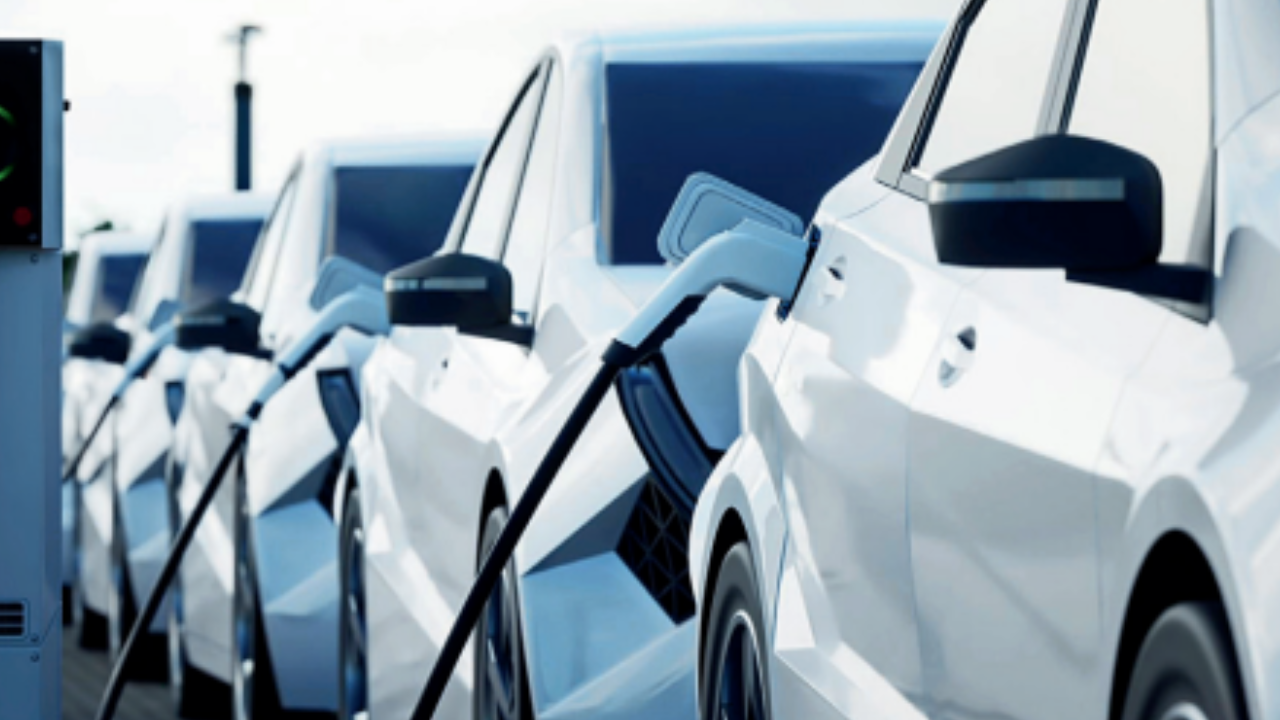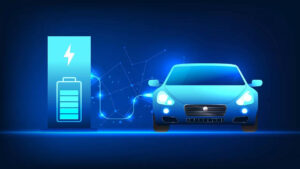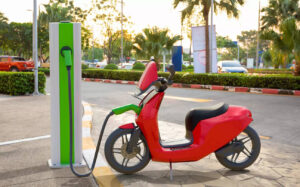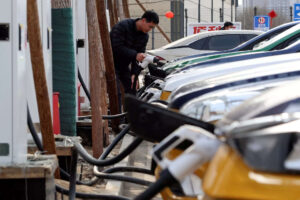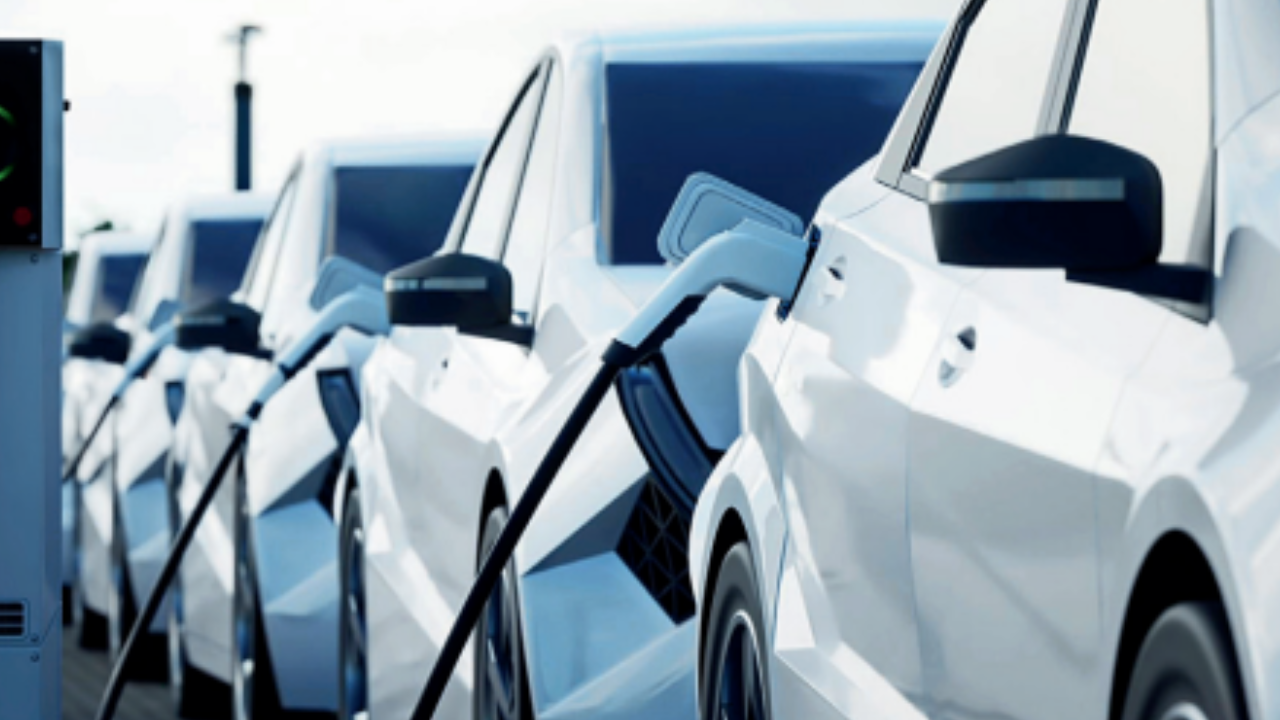
The journey from the internal combustion engine (ICE) vehicles to electric vehicles (EVs) ones is not as straight as it appeared a few years ago. Consumers do want an alternative to vehicles powered by dirty fuel but they are not lapping up EVs as yet. They are preferring hybrids or CNG vehicles. This has reflected in plans of car manufacturers not just in India but in the West too.
India’s biggest car maker, Maruti Suzuki India, expects its CNG car sales to rise over 30 per cent to around 6 lakh units this fiscal. “So CNG, this year, we did about 4,50,000 (units) in passenger vehicles. We are hoping to do something like 6,00,000 vehicles in FY24-25,” Maruti Suzuki India Executive Director Corporate Affairs Rahul Bharti said in an analyst call, PTI reported. The component shortage of CNG vehicles has been gradually normalizing, which has prompted the company to guide for CNG sales volume. The CNG growth rate is expected to be nearly four times the overall volume.
While Maruti Suzuki is planning to launch its first electric car next year, CNG and hybrids are its new growth engines. An expected cut in tax on hybrids will buoy its hybrid sales. Japanese auto giant Suzuki is working on smaller hybrid cars for India which will offer much better mileage than the current cars.
India’s biggest car maker is a long way off from the pure-play electric future. After five years, the car manufacturer anticipates that ICE vehicles such as CNG, biogas, flex fuel vehicles, ethanol, and blended fuel will constitute 60% of its sales. Following this, 25% of the sales will be hybrid electric vehicles, while 15% will be battery electric vehicles (BEVs).
Auto makers said alternative fuel technologies such as electric, hybrids, CNG, biogas and flex fuel need to coexist with traditional fuel options of petrol and diesel to support the transition to cleaner and more sustainable transport options. This fragmentation has led to different auto companies dominating different emerging segments even as most automakers have a sizable portfolio of petrol and diesel models.
Maruti Suzuki, for example, leads in CNG and hybrids but has no presence yet in electric while homegrown Tata Motors leads in electric vehicles (EVs) and has a strong presence in CNG but lacks hybrids, data collated by Jato Dynamics show. Mahindra & Mahindra has electric and mild hybrid models but no CNG while Korean carmakers Hyundai and Kia have a presence in CNG and electric but no presence in hybrids.
Hybrids are seen as a bridge for the transition from traditional fuels to electric. Toyota and Maruti Suzuki are pitching strong hybrids to retail as well as fleet customers, who may not be ready to make the shift to fully battery-powered vehicles. In 2023, 51 new models of hybrids were launched in India compared with just 29 for EVs.
Hyundai Motor Group plans to launch its first hybrid cars in India as early as 2026, Reuters reported last month, based on information from sources, as the South Korean auto group shifts strategy to look beyond electric vehicles and boost its presence in a key market.
Why consumers prefer hybrids
One of the big reasons why hybrids have been doing well is that there is no range anxiety associated with them. EVs as yet don’t offer ranges that comfort the buyer. According to a recent study, more car buyers intend to buy hybrid vehicles as compared to electric as their next vehicle even if the former comes at a steep premium. Factors like charging time, availability of charging infrastructure and safety of battery technology continue to impede faster adoption to BEVs, as per the findings of Deloitte’s 2024 Global Automotive Consumer Study.
Close to 36% of the respondents surveyed in 2024 as compared to 32% in 2023 said they will prefer hybrids or PHEVs (plug-in hybrid electric vehicles) as compared to 10% for BEVs. Compared to 2023 the jump in the number of those favoring hybrids is 4 percentage points – double of what is seen among those likely to opt for EVs. Also, there’s an overall growing intent to buy a non-traditional engine vehicle-53% in 2024 compared to 49% in 2023 over petrol and diesel.
The intent to buy hybrids over pure battery electric vehicles comes to the fore even as EVs benefit from state as well as central government funded incentives which in turn has allowed manufacturers to price them better as compared to hybrids. This is despite the hybrids costing more than EVs. “People want to buy hybrids over EVs as it offers peace of mind that EVs can’t,” says Rajeev Singh, partner and consumer industry leader, Deloitte Asia Pacific.
“For a market like India, where charging infrastructure is still underdeveloped, the government should at least incentivize PHEVs which offer the benefits similar to an EV-can be charged at home and can be switched to the ICE mode in the event of the vehicle running out of charge,” he added.
Global giants lean on hybrids
Companies such as Ford Motor, General Motors, and Mercedes have notably scaled back their ambitious plans for EVs. This move coincides with a slowdown in electric vehicle demand, indicating a longer transition period away from traditional internal combustion engine vehicles than initially anticipated.
Challenges facing EV makers include escalating manufacturing and development costs, exacerbated by pandemic-related supply chain disruptions, alongside intensified competition from lower-cost Chinese EV brands. Ford and GM have expressed openness to partnerships to mitigate EV technology costs and counter the competitive pressure from Chinese rivals.
Furthermore, higher ownership costs of new vehicles, coupled with the reduction of federal tax credits and rising borrowing rates, have dissuaded buyers from considering new EVs, leading them to retain their older vehicles.
The transition towards EVs faces additional hurdles, including high repair costs and weak demand, as evidenced by car-rental company Hertz’s decision early this year to replace 20,000 EVs with gas-powered cars due to operational challenges and customer preferences. Analysts anticipate a prolonged timeline before legacy automakers achieve profitability in the EV market, driven by economic uncertainties and aggressive pricing strategies initiated by Tesla.
As US sales of gas-electric hybrid vehicles surge and electric-vehicle sales cool, automakers and suppliers are betting consumer demand for a compromise between all-combustion and all-electric is a durable trend.
Tax cut on hybrids
India is promoting EVs as part of Prime Minister Narendra Modi’s drive to reduce pollution, taxing them at just 5%, while the levy on hybrids is as high as 43%, just below the 48% imposed on petrol cars. This has upset the likes of Japanese automaker Toyota, which popularised hybrids with the Prius, and has since last year been urging India to cut taxes on them, saying they reduce carbon emissions compared to gasoline cars. The government too seems to be keen to cut the tax on hybrids.
However, many other players, those who are betting on EVs, oppose a tax cut on hybrids. Reuters had reported based on information from sources in January that Tata has met officials and written to India’s trade department, saying the country faces an urban air quality crisis with health implications, and hybrids should not be incentivised as they are already taxed lower than gasoline cars. Tata aims at protecting its dominant EV market share. Tata’s rivals, Mahindra & Mahindra and South Korea’s Hyundai Motor, have also asked the government to keep the current policy, discouraging any reduction in taxes on hybrids, Reuters reported.
Many think a tax cut on hybrids will slow down India’s transition to pure-play electric vehicles. Even if the government decides not to cut tax on hybrids, consumer preference will certainly drive hybrid sales faster than those of EVs.

